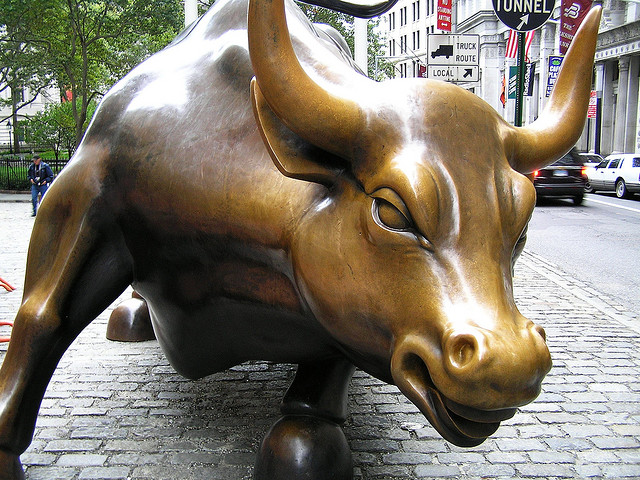This latest earnings season has been fascinating to watch. Two of the more notable reports came from Facebook (FB) and Twitter (TWTR).
In many ways, Twitter is very similar to Facebook, with a few very important differences.
Both are loved by the world, and very much integrated with our society. Both struggled during their first year as public companies.

Both are investing in applications centered around the mobile experience and video. Both are highly acquisitive, buying younger, promising entities for enormous sums.
Many believe the prices they pay are too high, in a few cases, dramatically so. What gives?
Facebook has shown investors that it can grow its user base and earn increasing amounts of money on mobile devices. Not so for Twitter.
Second, and this is crucial, Facebook is led by a focused management team led by Mark Zuckerberg.
Twitter’s current CEO, Jack Dorsey, is also the leader of Square, a mobile payments company set to have an IPO in the near future.
Focus and clarity of purpose is important for any businesses success, and even more so in the hyper- competitive world of technology.
Facebook has it. Twitter doesn’t.
Expedia and Yelp
In other earnings news, Skechers (SKX) crushed the estimates, as did Expedia (EXPE). Both stocks jumped.
Yelp (YELP) caused shareholders to do more than yelp after missing and guiding down, and then the stock fell 25%.
In my opinion, there’s a chance Yelp will be acquired now that there has been a major shakeup at the company.
The company has reportedly hired investment bankers to explore a possible sale.
Commodities Bust
Commodities, meanwhile, have fallen to 13-year lows and the price of West Texas Intermediate oil is under $50-per-barrel as of August 4.
No surprise, then, are the lower quarterly profits at Exxon (XOM), Royal Dutch Shell (RYDAF), Chevron (CVX), and BP.
For example, in the second quarter of 2014, Exxon made $8 billion; this year $4 billion.
Oil Patch Blues
Chevron earned $5 billion last year; this year $500 million. Shell is cutting 6,500 jobs, and Chevron 1,500.
Life is tough in the oil patch.
Oil companies can’t keep their capital expenditures at current levels with oil prices below $50.
They have’ cut back and that is hurting suppliers of steel, hoses, drillers, rigs, ships…you name it.
Smart Oil
Also, it appears they are working with each other to standardize equipment across the industry, so in the future, incompatible systems will not exist.
You see, there are plenty of partnerships in energy as nobody wants to take the risk of spending billions by themselves.
Big Oil may be hated by the politicians and public, but they are sharp.
Photo Credit: Marco Pakoeningrat via Flickr Creative Commons



